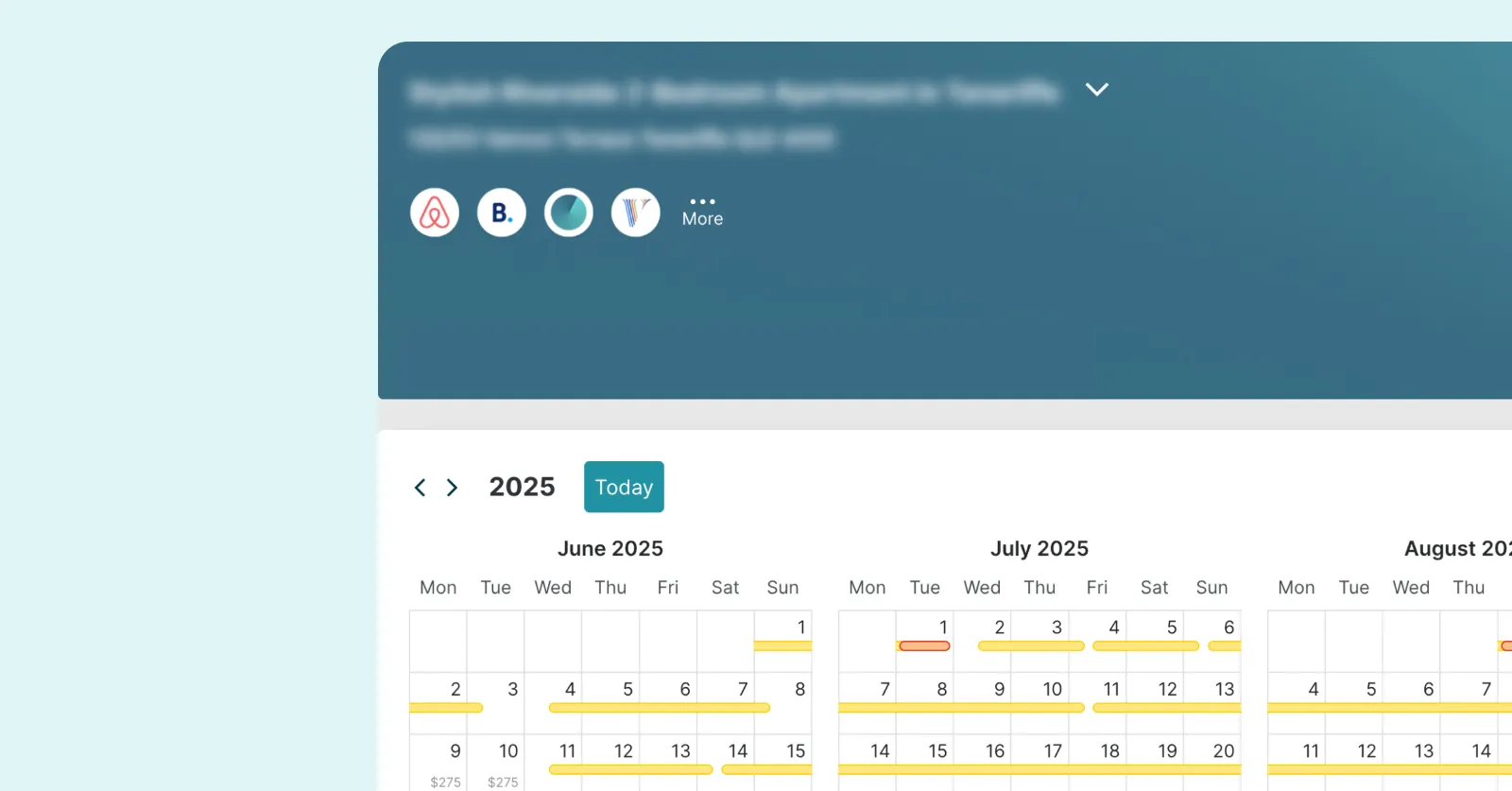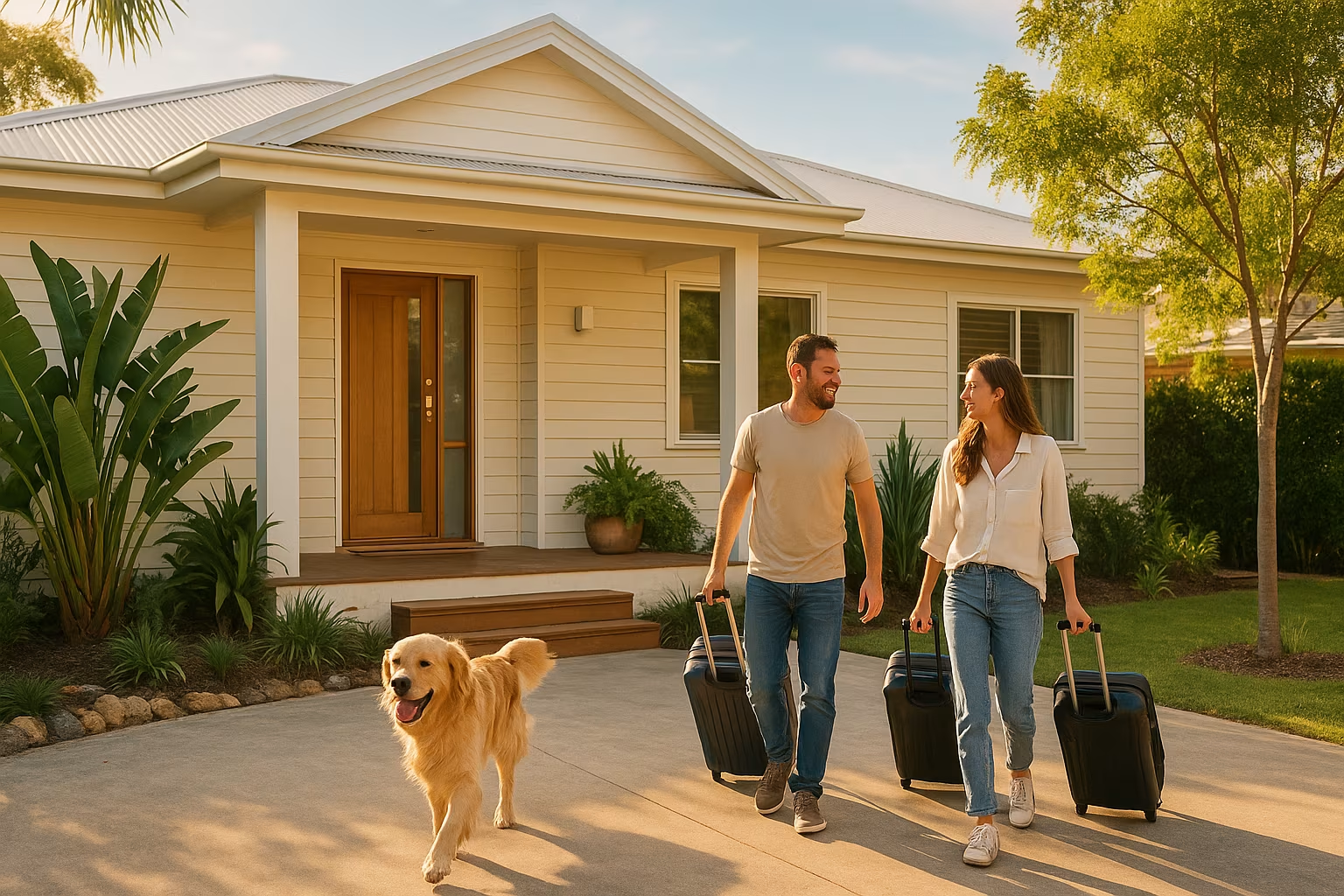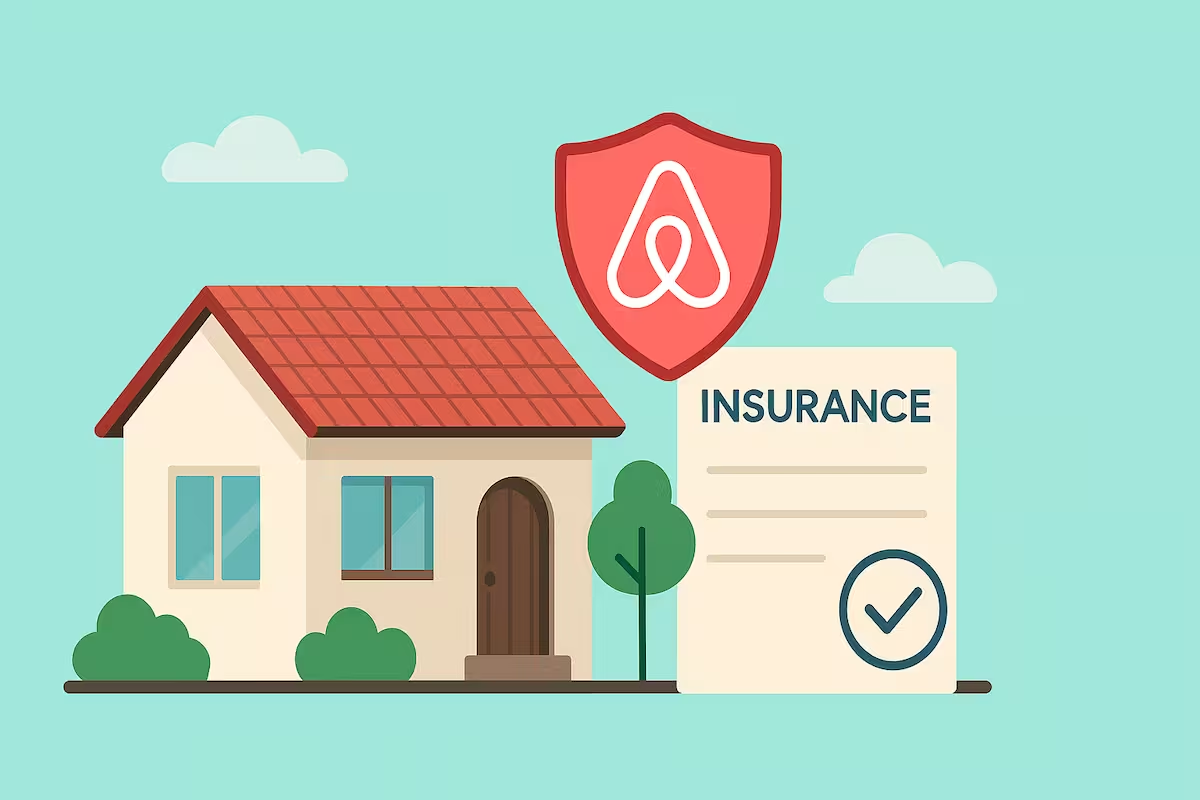How to Enjoy Your Holiday Home and Turn It into a Revenue-Generating Asset
.webp)
Owning a holiday home should mean more than an occasional getaway. With the right approach, your property can be both a place you love to spend time in and a reliable source of income when you’re not there. The key is balancing personal use with professional management so your home stays guest-ready, compliant, and profitable year-round.
At MadeComfy, we help property owners enjoy their homes while turning them into income-generating assets—without the stress of managing bookings, guests, or compliance. Here’s what effective holiday rental management actually looks like.
What are the rules for renting out a holiday home in Australia?
Running a holiday rental isn’t just about getting bookings—it’s about meeting local laws and protecting your property.
- Registration and compliance: In NSW, properties must be on the STRA Register, display their Property ID, and meet the Fire Safety Standard (smoke alarms, evacuation diagram, kitchen fire equipment).
- Council rules: Areas like Noosa require a short-stay approval and 24/7 contact. Victoria introduces a 7.5% short-stay levy from January 2025.
- Guest behaviour: NSW requires a 24/7 local contact and incident logs under the state Code of Conduct.
- Insurance: Standard landlord cover usually excludes short stays. Specialist short-stay insurance protects against guest damage and liability.
Professional management ensures you stay compliant without the stress of navigating rules and paperwork.
How can you maximise holiday rental income?
A holiday home performs best when managed like a business. That means multi-channel visibility and smart pricing.
- List on multiple OTAs: Airbnb drives around two-thirds of Australian bookings, while Booking.com supplies about a quarter (often last-minute). Using both captures more demand.
- Dynamic pricing: School holidays and event weeks can push rates 30–60% higher than shoulder periods. Adjusting prices daily helps fill gaps without undercutting value.
- Capped nights and levies: In Sydney (180-night cap) or Byron (60-night cap), the strategy shifts to prioritising high-yield dates so you don’t waste limited nights.
With the right channel mix and pricing, your property can move from occasional bookings to strong, consistent revenue.
How do you keep a holiday home guest-ready and protected?
A great guest experience keeps your reviews high and your property in top condition.
- Professional cleaning and linen: Commercial laundries ensure hygienic, hotel-standard linen that reduces complaints.
- Maintenance schedules: Regular inspections catch issues early, preventing costly repairs and protecting your asset.
- Safety compliance: In Queensland, interconnected smoke alarms are required in all bedrooms and hallways. Professional managers handle these obligations so nothing is missed.
Your property stays safe, guest-ready, and protected year-round.
Can you still use your holiday home if you rent it out?
Yes—if you plan it right.
- Strategic timing: Owner stays don’t count toward NSW’s 180-night cap, but using peak holiday weekends for yourself reduces income. Midweek and shoulder periods are the sweet spot.
- ATO rules: Your home must be “genuinely available” outside of your stays to claim deductions. Blocking calendars or inflating rates risks losing tax benefits.
- Avoid cancellations: Cancelling guest bookings for personal use triggers platform penalties. Setting clear blackout dates early avoids conflict.
With a strategy in place, you enjoy your property when you want—without undermining your returns.
What reporting do you need for holiday rentals?
From July 2024, short-term rental platforms must report income to the ATO under the Sharing Economy Reporting Regime.
A good manager provides:
- Tax-ready statements showing income vs private stays
- Real-time booking and payout tracking
- Insights into occupancy and rates so you know how your property compares to market performance
Transparent reporting means peace of mind and compliance with the ATO.
FAQs: Holiday Home Management in Australia
Is Airbnb income taxable in Australia?
Yes. All holiday rental income must be declared, and expenses must be apportioned if you use the property privately. From July 2024, platforms report this income directly to the ATO.
Do I need special insurance for a holiday home rental?
Yes. Standard landlord or strata policies often exclude short stays. You’ll need specialist short-stay insurance with public liability and cover for guest damage.
How many nights can I rent out my holiday home in NSW?
In Greater Sydney, non-hosted holiday rentals are capped at 180 nights per year. In Byron Shire, the cap is 60 nights from late September 2024. Owner stays don’t count toward these caps.
What is Victoria’s short-stay levy?
From January 2025, Victoria introduces a 7.5% levy on all short-stay accommodation. This makes dynamic pricing and yield management more important to protect net returns.
Can I still claim deductions if I use the home myself?
Yes, but only if the property is genuinely available for rent when you’re not there. The ATO may deny deductions if calendars are blocked, rates are inflated, or conditions are unreasonable.
Final Word: A Holiday Home That Pays for Itself
Short-stay rules and reporting are getting more complex, but the opportunity remains simple: with the right management, your holiday home can be your favourite escape and a reliable income stream.
MadeComfy manages compliance, guests, pricing, and reporting end-to-end—while keeping owner use flexible. That means you enjoy your home when you want, and it works for you when you don’t.
👉 Want to see what your property could earn? Get your free short-term rental income estimate today.



.png)




.png)




![[Video] Why is short-term rental the best choice for your property?](https://cdn.prod.website-files.com/62424e2368138bbce27b7ba7/64895ae54325bd7562bd62d8_62e0aeef16206d318472f2fd_46.jpeg)



![How to write the perfect Airbnb listing [Guide]](https://cdn.prod.website-files.com/62424e2368138bbce27b7ba7/64895adb9095455fa4c59e07_62e08c76f7203c3deae22bb0_53.jpeg)

![[Video] Airbnb maintenance for short-term rentals](https://cdn.prod.website-files.com/62424e2368138bbce27b7ba7/64895adcc0a2086ed3dff11a_62de105e132cbef04c318949_70.jpeg)
















![What to offer Airbnb guests - [7 essential tips]](https://cdn.prod.website-files.com/62424e2368138bbce27b7ba7/64be134b0499d4b9ed58a4cd_64a4c32e14f9983555bf52b9_What%2520to%2520offer%2520Guests%2520-%25207%2520essential%2520tips.jpeg)


![[Infographic] Airbnb guest expectations](https://cdn.prod.website-files.com/62424e2368138bbce27b7ba7/64895ae0c0a2086ed3dff469_62d79f3be7b9b7b86e7b6b11_60.jpeg)


.jpeg)





